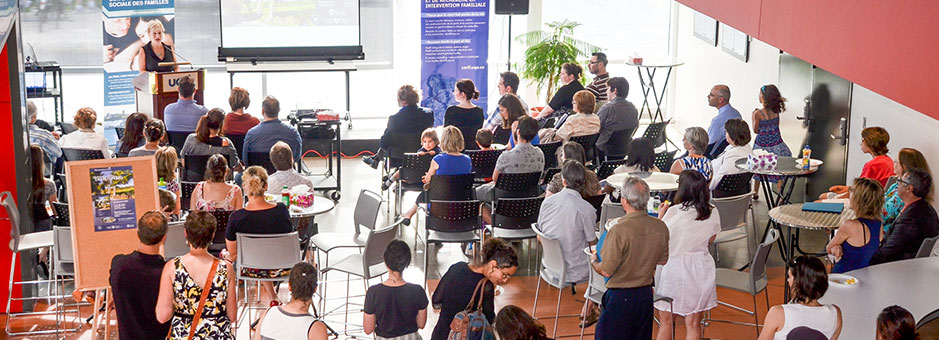Résumé/Abstract
This study examines the immigration experience of children 9 to 12 years of age from sub-Saharan Africa. These children, commonly referred to as preadolescents, undergo a double transition due to their stage of development and the immigration process. They navigate the period between childhood and adolescence at the same time as they experience the environmental and sociocultural changes involved in immigration. The changes resulting from this double transition can generate stress, which in turn can result in psychosocial problems. The aim of this study was to describe the immigration experience of preadolescents of sub-Saharan African origin and to identify the protective and risk factors affecting the experience. Semi-structured interviews conducted with 10 preadolescents of sub-Saharan African origin in the Outaouais region (in the province of Quebec), incorporating critical incident technique, family/environment relationship diagrams, and genograms, helped develop an understanding of their experience of immigration, as well as of the influence of their family and new environment on this experience. The social isolation they experience as a result of avoidance or rejection by other preadolescents is tolerable when it is offset by strong family bonds. Their ability to learn through observation and to rapidly acquire a new language helps them to find their place much sooner in the new social dynamic. The discussion of results demonstrates the importance of setting up support programs for preadolescent immigrants that draw on personal, family, and community resources.




